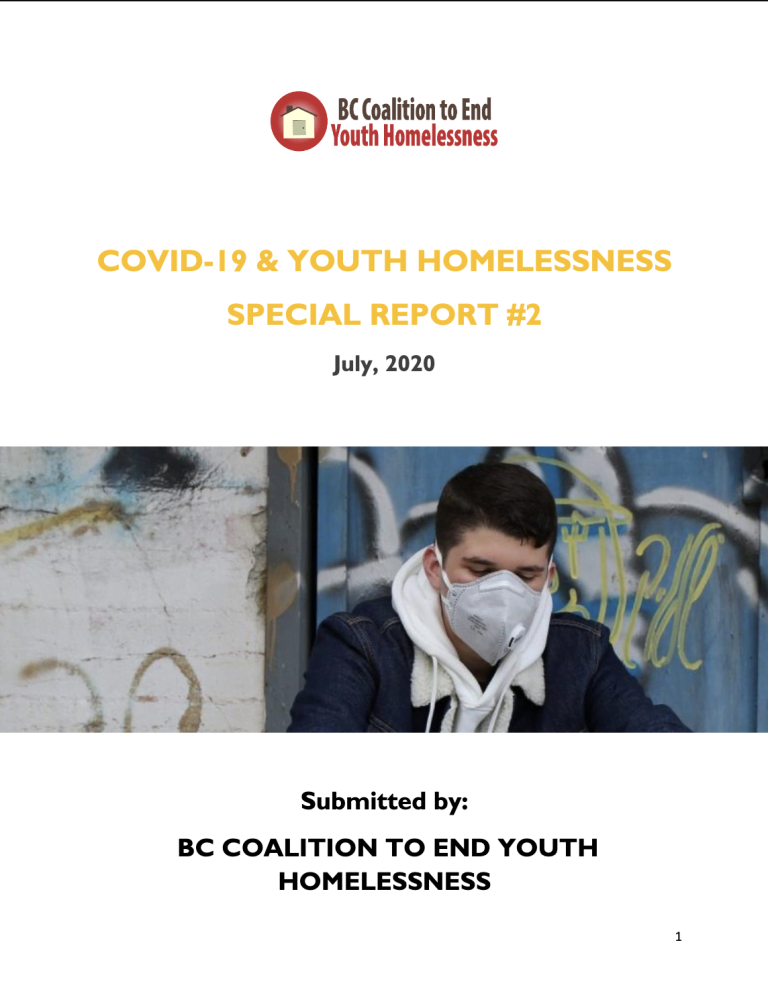27 search results
for
Housing and homelessness
Income
Recommendation 60: Youth need support with food security and supplies such as home kits provided by non-profits.-
Category and theme:
Groups affected:
Location of recommendation:
Employment
Recommendation 63: Increase the number of paid work experience programs that build on youth’s lived expertise. For example, the youth-led “Light the Way Youth Homelessness Conference.”-
Category and theme:
Groups affected:
Location of recommendation:
Employment
Recommendation 65: Zero Ceiling is a promising practice that has integrated employment and housing to help bridge youth out of homelessness into a sense of purpose. They provide mental health support and a strong recreation component that helps youth thrive in wellness.-
Category and theme:
Groups affected:
Location of recommendation:
Supporting a resilient sector
Recommendation 67: Increased and sustained funding to manage additional expenditures of housing and supporting youth. Funding for wages should be adequate, so organizations are able to hire qualified and trained staff to offer meaningful support to youth.-
Category and theme:
Groups affected:
Location of recommendation:
Common themes
Recommendation 75: Provide unique and youth-centred ways to increase income levels for youth who are risk of homelessness that don’t include complicated eligibility factors.-
Category and theme:
Audience:
Groups affected:
Location of recommendation:
Common themes
Recommendation 76: Youth aging out of care is the most vulnerable population at risk of homelessness as a result of COVID-19. The sector recommends a staggering approach of youth aging out post-pandemic as service providers will not have the capacity to support this larger cohort. MCFD must continue providing the low-barrier Agreements with Young Adults to help bridge youth into safe and secure housing.-
Category and theme:
Audience:
Groups affected:
Location of recommendation:
Common themes
Recommendation 77: Develop a BC Youth Housing Action Plan that provides a continuum of housing and access to rental subsidies to ensure no young person is left without a home post pandemic.-
Category and theme:
Audience:
Groups affected:
Location of recommendation:
